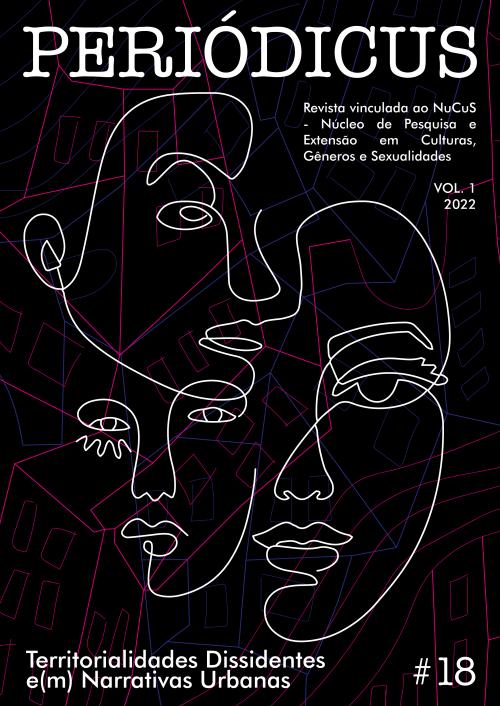Peripheral territorialities and violence
narratives of young lesbians involved in drug factions
DOI:
https://doi.org/10.9771/peri.v1i18.49931Abstract
Our objective is to discuss the psychosocial dynamics of urban violence in the experiences of adolescent lesbians living in the outskirts of Fortaleza, who are accused of committing infractions and considered “involved” in criminal factions. To this end, narrative interviews with five lesbian adolescents enrolled in criminal factions were analyzed. The results and discussions show that the lesbian condition differentially exposes the adolescents to precariousness, placing them in a condition of greater vulnerability to conflicts, death, restricted access to territories, and police repression. Furthermore, we analyze the affective relationships that these adolescents have with drug faction members and the precarious condition to which their bodies are submitted. We conclude that the social transformations of crime produce psychosocial effects on their life trajectories.
Downloads
Downloads
Published
How to Cite
Issue
Section
License
Copyright (c) 2022 Larissa Ferreira Nunes, Mayara Ruth Nishiyama Soares, Carla Jéssica de Araújo Gomes, Tadeu Lucas de Lavor Filho, Marta Clarice Nascimento Oliveira, João Paulo Pereira Barros

This work is licensed under a Creative Commons Attribution-NonCommercial 4.0 International License.
Authors who publish in this journal agree to the following terms:
Authors retain copyright and grant the journal the right of first publication, with the work simultaneously licensed under a Creative Commons Attribution Noncommercial License that allows the work to be shared with acknowledgment of authorship and initial publication in this journal, but prohibits commercial use.
Authors are authorized to enter into separate additional contracts for non-exclusive distribution of the version of the work published in this journal (e.g., publishing in an institutional repository or as a book chapter), with acknowledgment of authorship and initial publication in this journal.
Authors are permitted and encouraged to publish and distribute their work online (e.g., in institutional repositories or on their personal website) at any point before or during the editorial process, as this can generate productive changes and increase the impact and citation of the published work (see The Effect of Open Access).








